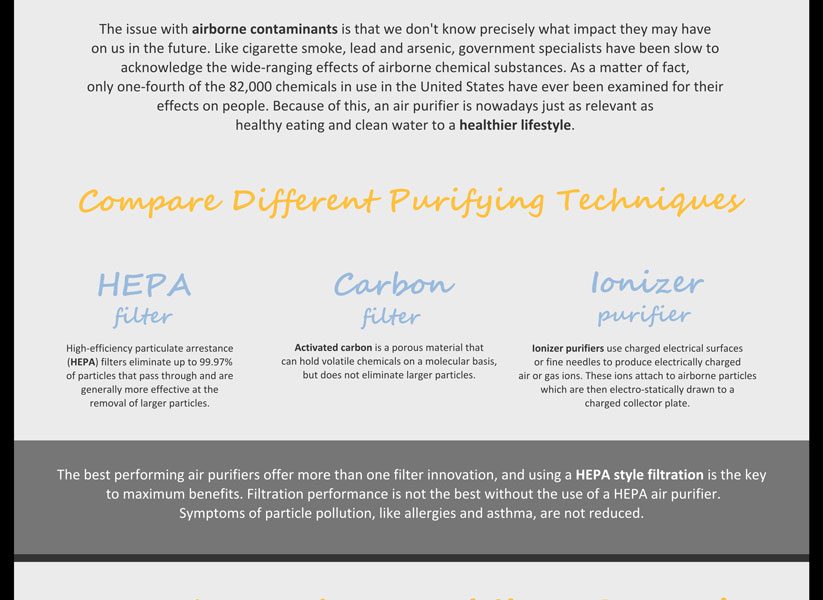Exploring The Ecological Benefits Of Warmth Pumps - A Sustainable Heating Service
Exploring The Ecological Benefits Of Warmth Pumps - A Sustainable Heating Service
Blog Article
Content Author-Keating Bech
In a period where sustainability and energy performance are critical, several companies look for environment-friendly heating remedies. One such option is the heatpump.
A heat pump removes the heat in its environments and pumps it right into your home, causing one of one of the most efficient environment-friendly central furnace around. This process also creates zero greenhouse gas emissions, making it an extremely sustainable modern technology.
Power Performance
Heatpump are really energy efficient and need little upkeep. They use less power than various other heater and are without a doubt one of the most environmentally friendly. They function well with roof solar and can usually spend for themselves in energy savings alone.
They can additionally offer air conditioning, which is fantastic for garage workshops, attic room hangouts and benefit rooms, and home enhancements without prolonging the existing ductwork. They can even be made use of for retrofits in existing homes with hydronic (water-based) distribution systems such as low temperature level radiators or glowing floors.
Seek versions with SEER and HSPF scores that meet or exceed Canada's minimum requirements, as well as the criteria in your area. Higher rankings imply higher performance, which conserves you cash over time and minimizes your carbon impact. You might also qualify for refunds and rewards! The most effective devices are those with a ground heat exchanger for added effectiveness. These units can take in thermal power from the ground during the winter season and extract it in the summertime.
Minimized Greenhouse Gas Emissions
Heatpump work on electrical power and basically transfer warmth from the air, even when it's cold outside. They are able to remove the cost-free warmth trapped in air fragments and move them indoors, lowering humidity while doing so.
Contrasted to gas heating systems, contemporary heat pumps use less than one kilowatt of power per kilowatt of heating power they produce. This makes them the most energy efficient home heating choice readily available with a POLICE (Coefficient of Performance) of four or even more. By reducing the requirement for nonrenewable fuel sources, heat pumps help in reducing greenhouse gas exhausts and cut various other significant air toxins.
Building decarbonization is a global imperative, and the heating and cooling field is a vital vehicle driver of that process. Whether it's investor making net absolutely no commitments, policy makers establishing emissions restrictions, or renters demanding greener areas, electric heatpump are being recognized as a necessary option. They are a cost-effective means to minimize carbon emissions by eliminating the need for nonrenewable fuel sources in structures.
Adaptability
Heatpump can be made use of in numerous sorts of homes and structures-- with or without ducts. They work with hot-water radiators, air-conditioning and programmable thermostats. They can change heaters or be mounted in new houses. They can work on photovoltaic panels, geothermal systems or even area heating resources like wastewater.
They're great at providing more heat per power device. For browse around here , an air-source heatpump creates approximately three or more home heating units from each power unit it eats.
Obtaining the most from your heat pump will certainly depend upon your climate zone and high quality of insulation. Seek designs with ENERGY STAR ratings and contrast their SEER or HSPF specifications. In warmer environments, focus on SEER; in cooler areas, take into consideration a system with a higher HSPF score. On top of that, invest in air sealing and insulation to reduce the tons on your heat pump. That will improve energy effectiveness and aid you reach your Internet Zero goals faster.
cassette heat pump prices nz use timber pellets, chips or logs to develop warmth and hot water. They are an excellent option for off-grid properties or those who want to leave the gas grid.
As a standalone heating system, biomass can give enough energy to maintain your home warm all year round without the typical warmth drop off of other renewable technologies. They can likewise be utilized together with solar panels to maximise cost savings and benefit from RHI repayments.
A drawback of these systems is the upfront price and routine fuel deliveries. Often, pellets will need to be blown into a fuel shop utilizing a vacuum cleaner system or they can be manually fed into the boiler via a receptacle. Logs are typically self-sourced from close-by forest or gotten in bulk. As well as this, they require hands-on loading and may require cleaning regularly.